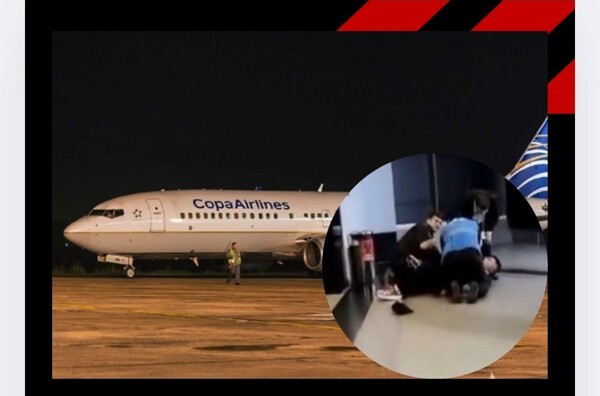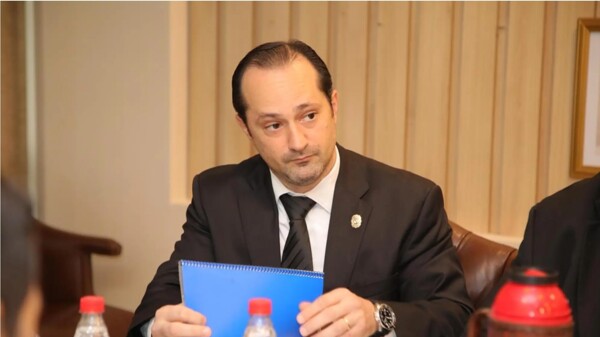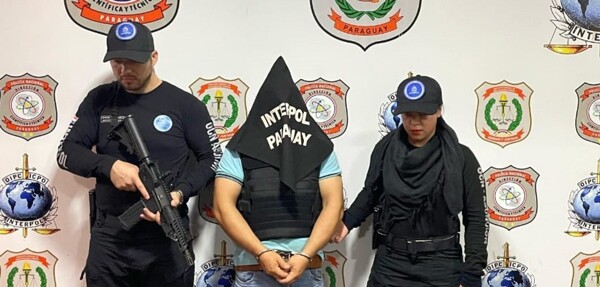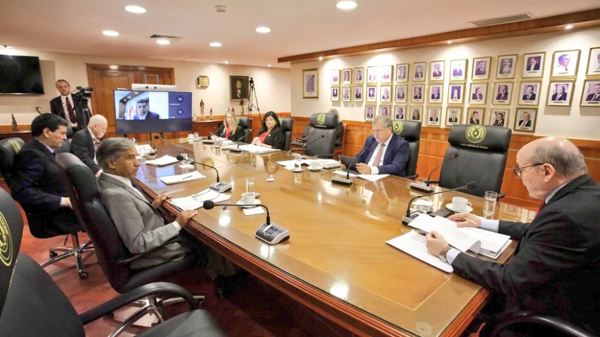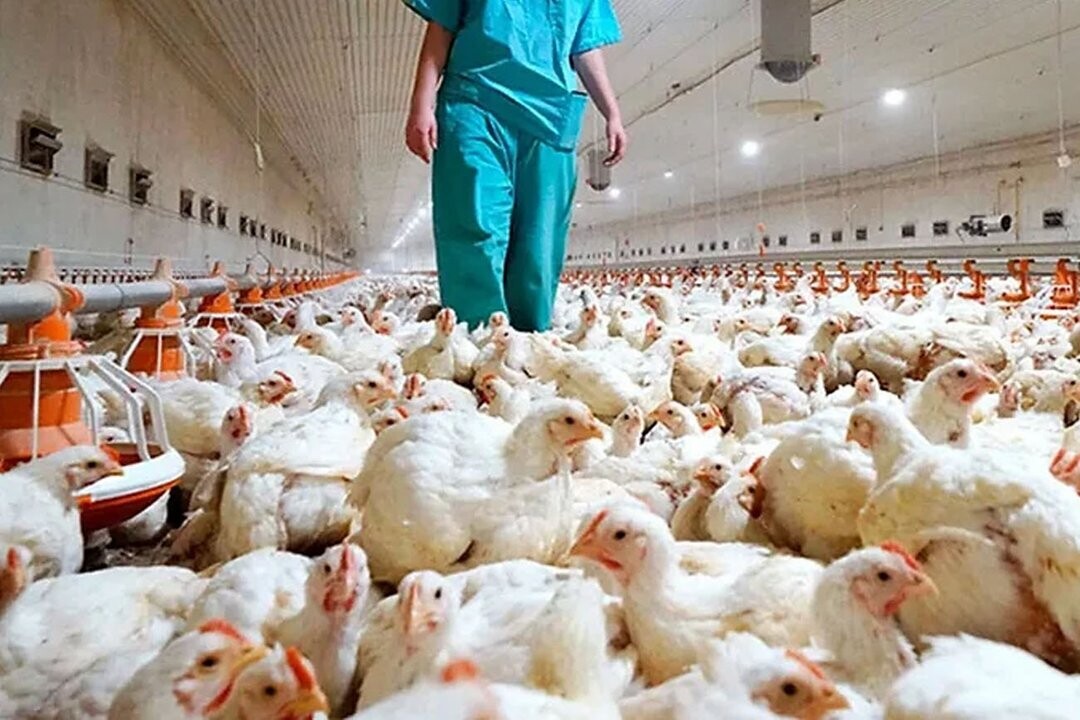
The official report from the Paraguayan health institution indicates that the recently detected dengue cases cover 20 neighborhoods in the capital, Asunción, and 13 departments across the country. Among them are Alto Paraguay (Chaco), Amambay (north), Canindeyú (north), Central, Concepción (north), Cordillera (central south), Guairá (central east), Itapúa (south), Misiones (south), Ñeembucú (south), Paraguarí (central south), Pdte. Hayes (Chaco), and San Pedro (north).
The National Service for Quality and Animal Health (Senacsa) issued a health alert after the detection of a case of avian influenza in domestic birds in Maipú, province of Chaco, Argentina. Maximum alert is requested from health officials, producers, and citizens to report sick or dead birds and avoid handling these birds to prevent the spread of the disease.
In the official statement, the Ministry of Environment and Sustainable Development (Mades) informed about collaboration with Senacsa in active surveillance to assess the epidemiological risk due to the presence of the virus. It is emphasized that avian influenza is a highly lethal zoonotic infectious disease, so it is recommended to avoid contact between wild and domestic birds and to take care of their feeding and water.
In a report from the Ministry of Public Health and Social Welfare, 819 confirmed dengue cases have been registered in Paraguay during the inter-epidemic period up to epidemiological week number 29 of the year 2024 to date. In recent weeks, 151 cases were reported distributed across 14 regions, mostly of serotypes DENV-1 and DENV-2. It is noted that 12 patients were hospitalized during this period, and the most affected groups are young adults and children.
The General Director of Health Surveillance, Andrea Ojeda, indicated that so far there is no significant epidemic outbreak nationwide, unlike previous years during this time.











